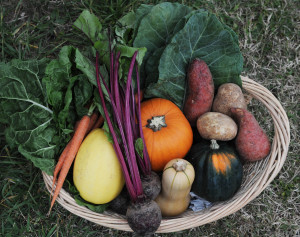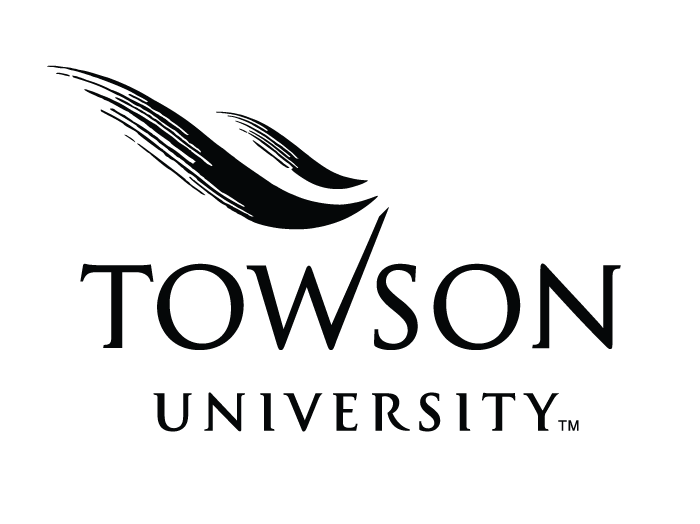This Thanksgiving, Towson University is grateful for the opportunity to participate in the Environmental Protection Agency’s Food Recovery Challenge, which encourages colleges and other organizations to donate and divert excess food in an effort to simultaneously feed the needy and protect the environment.
Towson is one of just 26 colleges and universities in the mid-Atlantic region to join the Environmental Food Recovery Challenge, and the only University System of Maryland institution to participate.
“The food donations to hunger-relief organizations made by colleges and other institutions can help the one in six Americans who don’t know where their next meal is coming from,” says EPA regional administrator Shawn M. Garvin, in a release.
“In addition to feeding the hungry, the food donations go a long way to reducing greenhouse gas emissions and lowering disposal costs for their campus. The Food Recovery Challenge is truly a win-win situation.”
According to the EPA and U.S. Department of Agriculture, the food waste generated by local organizations is most often perfectly safe, nutritious food with the potential to feed millions of Americans.
The EPA is also working with organizations to encourage composting food waste, the byproduct of which can then be used to enhance soils. More than 36 million tons of food waste were sent to American landfills in 2011. Once landfilled, the food emits methane, a strong and dangerous greenhouse gas that is 20 times more potent than carbon dioxide.
Learn more about the sustainability initiatives of Towson University.

